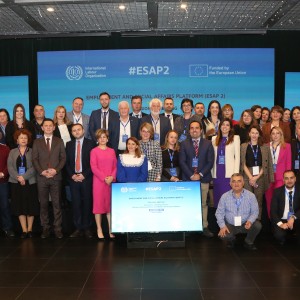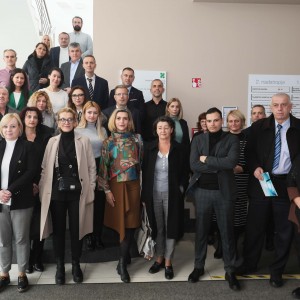Joint actions to enhance performance and promote mutual learning among Western Balkans Ministries of Labour and Public Employment Services agreed
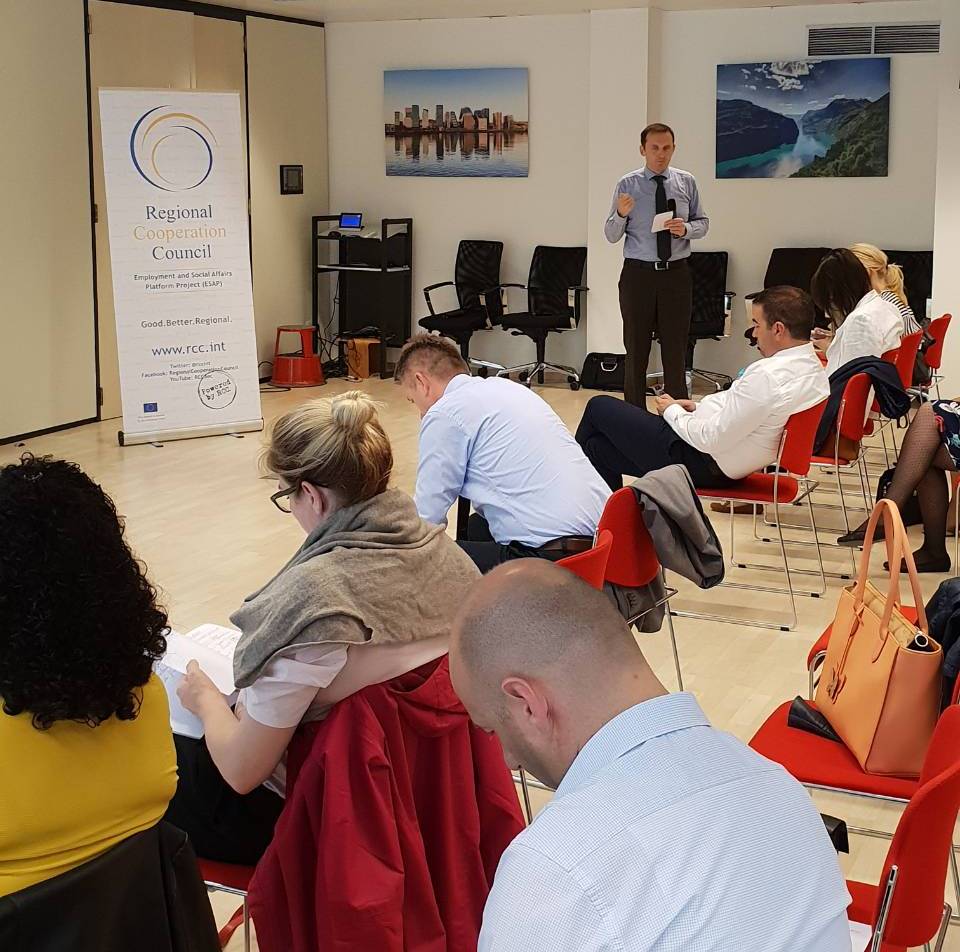
Coordination meeting with representatives of Western Balkan Ministries of Labour and Public Employment Services within Regional Cooperation Council’s (RCC) Employment and Social Affairs Platform (ESAP) project’s framework, in Brussels on 19 June 2018 (Photo: RCC ESAP/Sanda Topic)

Coordination meeting with representatives of WB Ministries of Labour and PES within RCC’s ESAP project’s framework, in Brussels on 19 June 2018 (Photo: RCC ESAP/Sanda Topic)
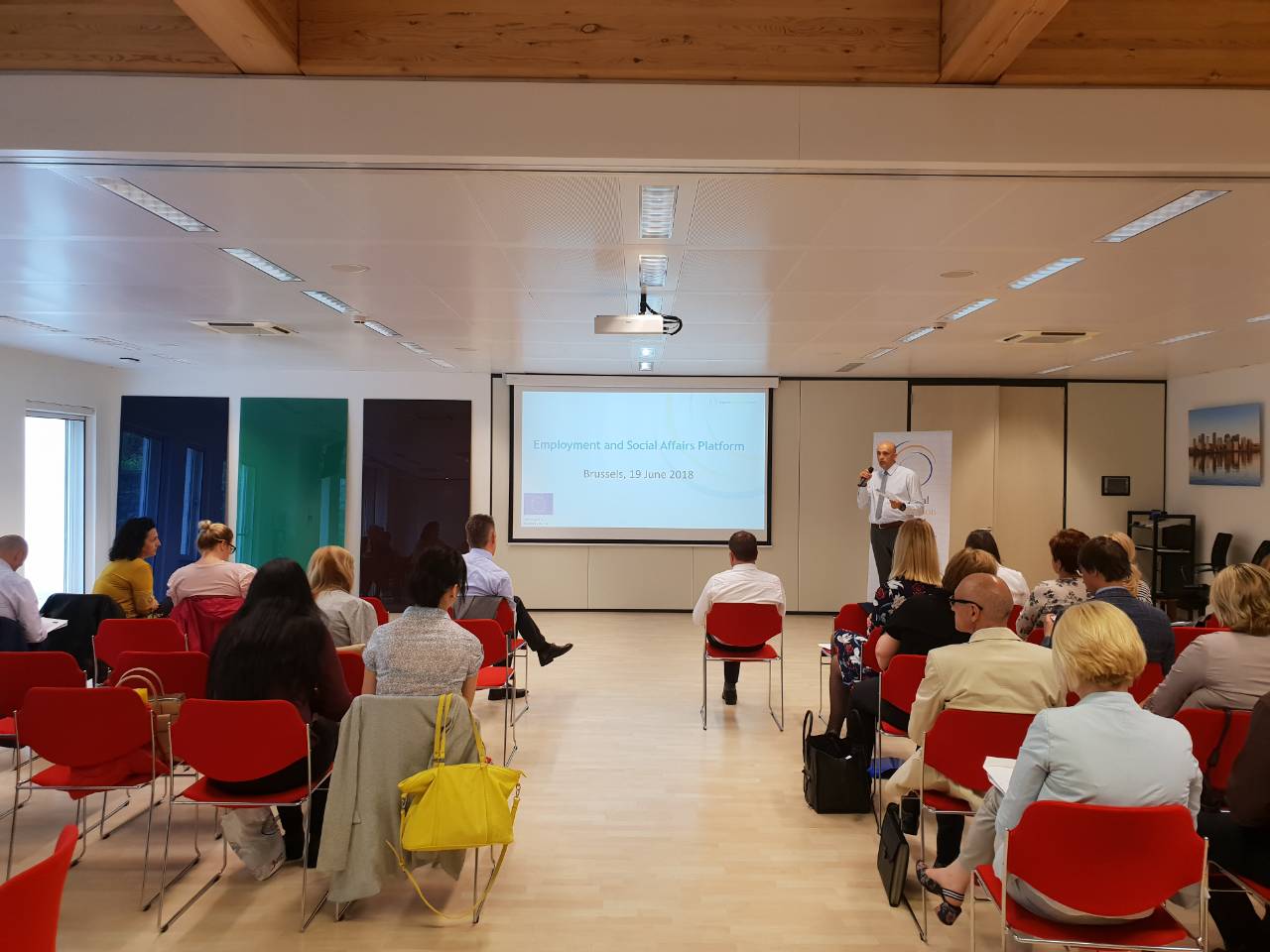
ESAP coordination meeting with representatives of Western Balkans Ministries of Labour and Public Employment Services in Brussels on 19 June 2018 (Photo: RCC ESAP/Sanda Topic)
Brussels - Representatives of the Western Balkans (WB) Ministries of Labour and Public Employment Services (PES) met in Brussels today, within the framework of the Regional Cooperation Council’s (RCC) Employment and Social Affairs Platform Project (ESAP), to discuss main trends and challenges in employment and labour markets in the region, as well as key outcomes of regional cooperation activities.
The participants reviewed the preliminary results of peer reviews on employment policies conducted by the ESAP project and the beneficiary ministries of labour and public employment services. Participants appreciated the opportunity to exchange specific knowledge on priority employment measures and recognized the important follow up actions at the national level as a response to the regional exchange on topics such as youth employment, employment of persons with disabilities and self-employment programmes.
When it comes to the enhancement of PES performance, the ESAP team presented the main strengths and areas for improvement for each office, as revealed by the benchmarking initiative among WB PES. The benchmarking exercise showed that strongest areas include sustainable activation and managing transitions between unemployment and employment, the design of operational procedures, employer relations and partnerships. On the other hand, areas such as evidence based design and implementation, strategic performance management and resource allocation can be further enhanced. Opportunities for exchange of experience, mutual learning and targeted national action supported by ESAP technical assistance can help address some of these challenges.
Harmonising labour market intelligence was highlighted as an important aspect of regional cooperation. A stronger system for collection and analysing labour market information and statistics can better guide policies and decision-making. The classification of labour market policies according to the EUROSTAT methodology and the establishment of a regional database with labour market reform measures in the most relevant policy areas can provide a rich opportunity for enhancing labour market information and knowledge exchange in the region.
The possibilities for finding the ways in which formalisation of undeclared work could be achieved have been explored, with a view to exploring in-depth direct and indirect policy approaches and related institutional set-ups that lead to the formalisation of undeclared work.
ESAP works to strengthen regional cooperation and institutional capacities of national administrations, enabling them to develop and effectively implement labour market and social policy reforms in their EU enlargement process. It is jointly implemented by the RCC and International Labour Organisation (ILO).
The RCC-led component of the project has worked with Ministries of Labour and Public Employment Services to implement two important processes: mutual learning on employment policies and programmes and benchlearning among PES. These processes have created a momentum of knowledge sharing and mutual exchange and have introduced these institutions to similar EU-wide processes and tools. The activities of this project are implemented in the context of a renewed emphasis on employment and social issues both within the EU and in the EU communication to the Western Balkans.

